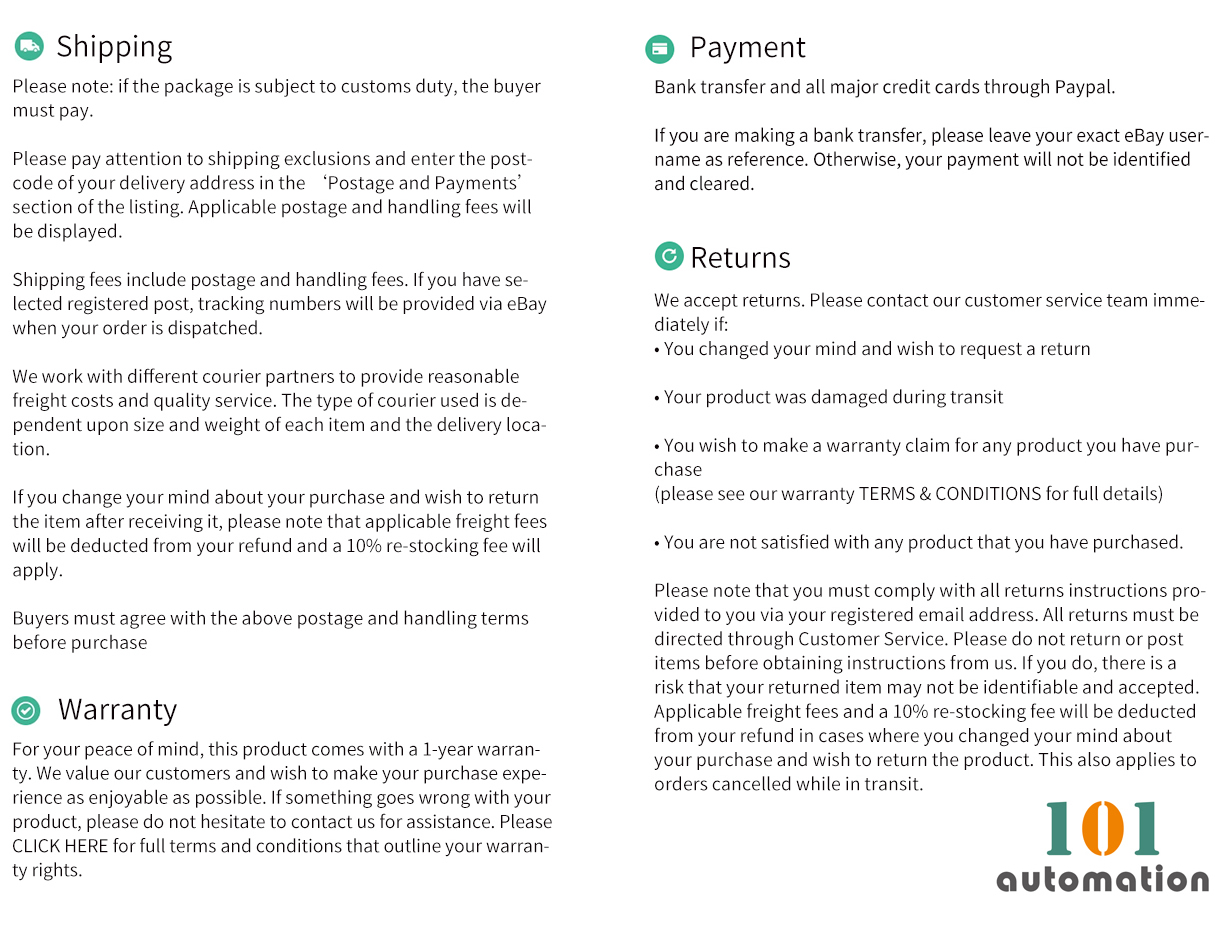1PCS NEW FOR Water system membrane filter 25*0.45 Water PES Blue
Product Name: Syringe Membrane Filter Unit Price: 100 pcs/box.
Membrane diameter: 13mm 25mm Membrane aperture: 0.22um 0.45um 0.8um
Membrane material: organic (nylon membrane), aqueous (polyethersulfone pes membrane), PTFE (polyester)
tetrafluoroethylene membrane).
Some tips for film selection:
The water system is made of polyethersulfone (PES): it can filter aqueous solutions, with the advantages of large flow and fast filtration, but it is not resistant to
subject to liquids with organic substances and acids and bases);
The organic material is nylon: it can filter the liquid containing organic substances, but it is not resistant to acid and alkali, and the flow rate of the water is relatively high.
slow;
PTFE is a (hydrophilic) polytetrafluoroethylene material: it is more resistant to organic substances than nylon membranes, and it is also resistant to strong acids and alkalis
(but PTFE is not suitable for liquids containing acetonitrile)
★ Factors to consider when choosing a filter
When a syringe filter is used to process chromatographic samples, it is necessary to avoid the introduction of other impurities during the filtration process. The appearance of such impurities may be: the shell material or the filter membrane will fall off the particles and sprinkle into the filtrate. Therefore, the material of the membrane and the shell structure is very important, and different types of membranes are suitable for samples with different properties.
1) Hydrophilic samples: select hydrophilic abdominal slices. It has an affinity for water and is suitable for filtering water-based solutions. The available films are polyether wind CPESD Nylon etc.
2) Strong corrosive organic solvents: generally use hydrophobic membranes, such as PTFEB, polypropylene (PP) and other materials.
3) Protein solution: choose a filter membrane with low protein self-adsorption. Such as PVDF film.
4) Ion chromatography: It is generally believed that PES membranes are more suitable for filtration of solutions with low inorganic ions.
In addition to the above factors, the volume of the sample should also be considered when selecting a syringe filter. Usually the sample size is less than 2m1. Choose a micro filter with a diameter of 4m: when the sample volume is between 2-10ml, choose a filter with a diameter of 13mm, when the sample volume is greater than 10ml. Use a 25mm diameter needle filter.
★Notes.
1. Do not use a 10cc syringe with small hands, because the small volume of the column may cause the pressure to exceed the upper limit, resulting in damage to the filter membrane or personal injury.
2. Only for laboratory use, one-time use, not reusable.
3. Part of the filtrate at the beginning should be discarded, and the volume is about the dead volume of the filter. Taking 25 mm as an example, the first 1 mL of the filtrate should be discarded: or the filter should be pre-washed with 1 to 2 ml of the solution.
| ★Technical parameters | ||||
| 13mm technical parameters (commonly used products | ||||
| PES-0.45 | PES- 0.22 | Nylon 66-0.45 | Nylon 66-0.2 | |
| Film thickness(um) | 114.3-165.1 | 129.5-162.6 | 114.8-170.2 | 139.7-177.8 |
| Bubble point (kpa) | 2.48-3.31 | 3. 65-4.76 | 1.8-2.48 | 3.1-3.8 |
| Effective filter area | 0.8cm2 | 0.8cm2 | 0.8cm2 | 0.8cm2 |
| Residual Amount (Gas Evacuation) | < 15ul | < 15ul | < 15ul | < 15ul |
| maximum operating pressure | 6.9bar | 6.9bar | 6.9bar | 6.9bar |
| Water flux (ml/min/cm2, 0.7bar 10Psi) | 38- 100 | 19.3-34.6 | ||
| throughput | < 10ml | < 10ml | < 10ml | < 10ml |
| 25mm technical parameters (commonly used products) | ||||
| PES- 0.45 | PES--0.22 | Nylon 66-0.45 | Nylon 66-0.22 | |
| Film thickness(um) | 114.3-165.1 | 129.5-162.6 | 114.8-170.2 | 139.7-177.8 |
| Bubble point (kpa) | 2.48-3.31 | 3.65-4.76 | 1.8-2.48 | 3.1-3.8 |
| Effective filter area | 3.8cm2 | 3.8cm2 | 3.8cm2 | 3.8cm2 |
| Residual Amount (Gas Evacuation) | < 125ul | < 125ul | < 125ul | < 125ul |
| maximum operating pressure | 5.2bar | 5.2bar | 5.2bar | 5.2bar |
| Water flux (ml/min/cm2, 0.7bar 10Psi) | 38-100 | 19.3--34.6 | ||
| throughput | < 150ml | < 1 50ml | <150m1 | < 150ml |



